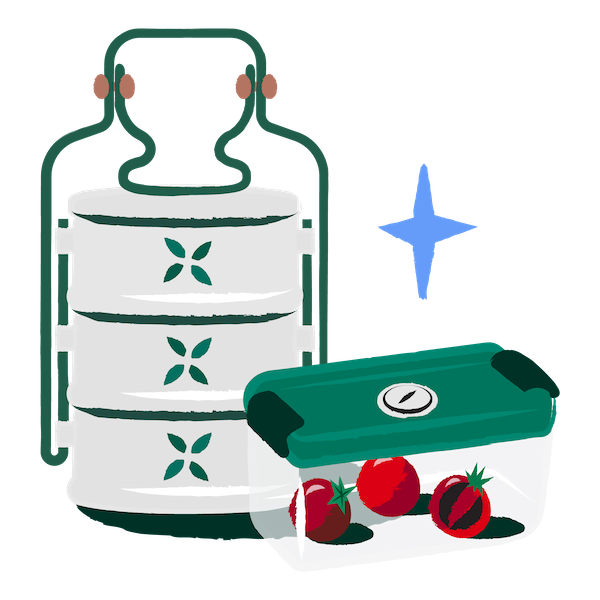Food for the Planet
The UK has made a commitment to achieving Net Zero status by 2050. However, without seriously considering our relationship with food production and consumption, we have no hope. The Food for the Planet project was started with this in mind — to support people, businesses, and authorities in taking simple actions to tackle our climate emergency through the medium of food.

What is Food for the Planet?
Food for the Planet is focused on taking action to create a better, more sustainable food system. The project is aimed at local authorities and councils looking to utilise their power to take formal action, as well as communities and businesses who are willing to join the fight.
Our current food production and consumption system, while highly profitable for businesses, and convenient for consumers, is contributing to the gradual death of our planet. The modern food system contributes around 30% to global greenhouse gas emissions — which accounts for more than all of the world’s transport and energy combined.
Improving the food, farming, and fishing systems in the UK is one of the most effective levers we have left to tackle climate change and restore nature, not just in our country but around the world.
Eco Communities is absolutely thrilled to be supporting Cheshire West and Chester Council in the Food for the Planet project as part of the local commitment to sustainable food. We are looking to encourage businesses to act.
Food for the Planet is a Sustainable Food Places campaign run by: Soil Association, Food Matters, and Sustain


Take the Planet Pledge Today!
The Planet Pledge for businesses invites you to reduce your conscious impact on the environment, while also benefiting your consumers and the local economy. Select from a menu of key commitments aimed at ensuring the food you serve and sell is fresh, local, seasonal, and good for the planet.
To complete the Planet Pledge, you must adhere to both of the mandatory, and four of the optional commitments. In doing so, you will be joining a community of UK food businesses committed to serving foods that are better for people and the planet.
Mandatory Commitments
- Reduce Your Company’s Meat Servings: Limit the amount of meat and dairy you serve by at least 25%. Not only is the meat industry bad for the environment, but our modern eating habits are not actually all that good for us either. The Eatwell Guide recommends that adults should eat no more than 70 grams a day of meat, an amount exceeded by many.
- Switch to Better Meats and Dairy Products: We challenge you to switch at least 25% of your meat and dairy from more environmentally friendly sources, and those with better welfare considerations. ‘Better meat and dairy’ prioritises ensuring high standards of welfare for livestock and a minimal impact on nature, biodiversity, and a low use of antibiotics. Certifications to keep an eye out for include RSPCA Assurance, British Lion Bar Eggs, and Red Tractor Indoor Enhanced Welfare.
Optional Commitments
- Achieve Food For Life Served Here Award: Serve majority freshly prepared, sustainably sourced food.
- Become a Living Wage Employer: Pay the Real Living Wage to staff and contractors.
- Include Two Portions of Vegetables in All Meals: Reduce meat and dairy offerings on each plate you serve.
- Reduce Your Food Wastage: Reduce landfill use by reducing, redistributing, and composting leftovers.
- Serve Fairtrade Produce: Offer fair trade teas, coffees, and two other products.
- Offer Sustainable Fish: Use MSC/ASC or Marine Conservation Society certified fish.
- Serve Seasonal Produce: Always include three seasonal items on your menu.
- Source Locally: Prioritise three products from local farmers and traders.


